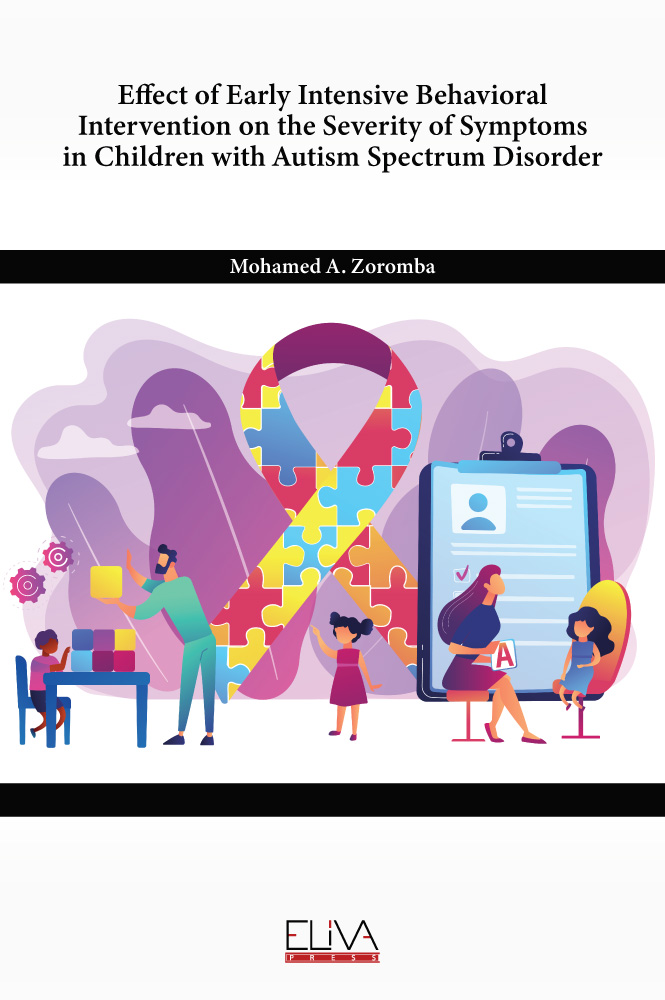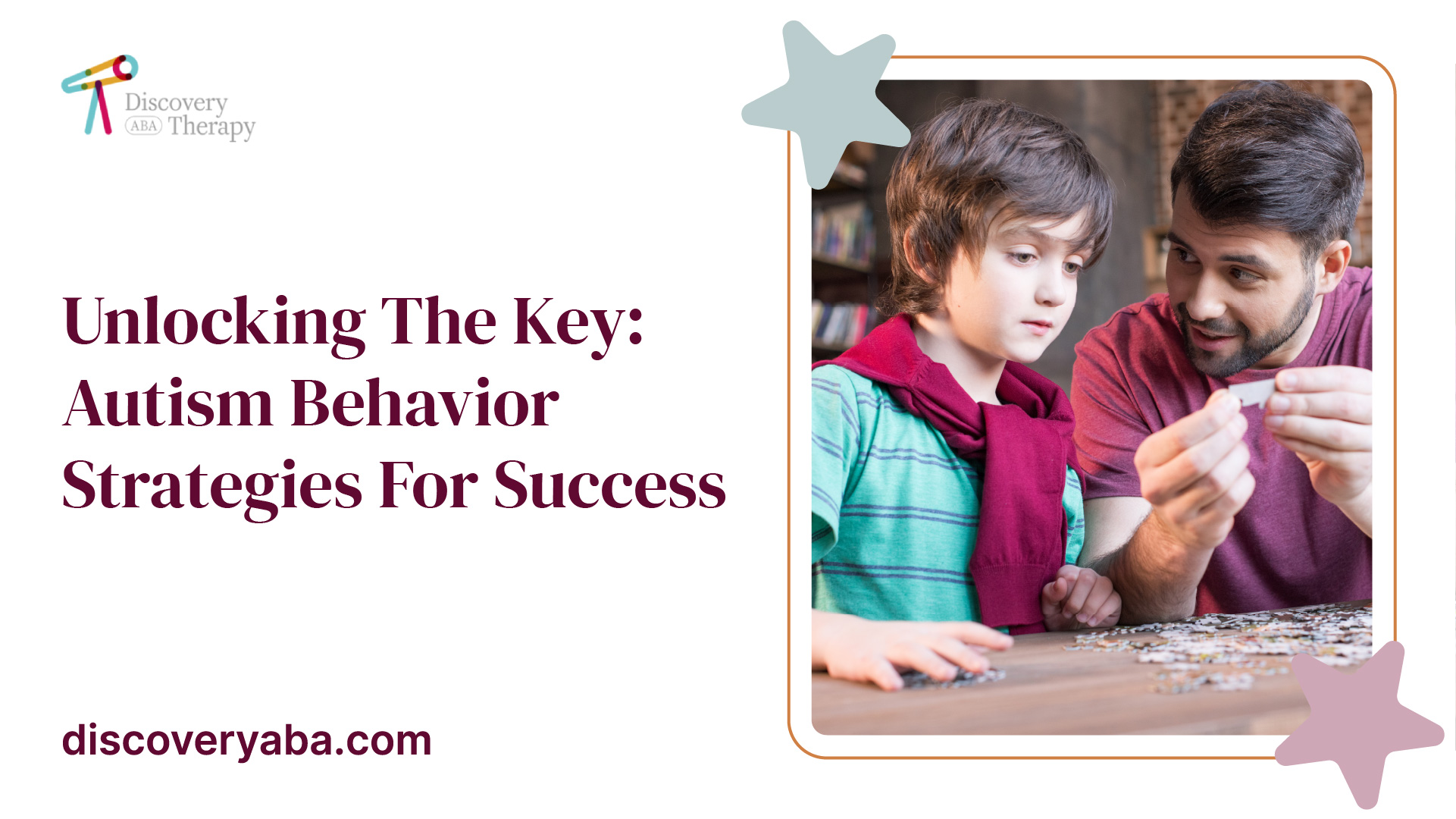Key Indicators and Signs to Acknowledge in Individuals With Behavioral Autism
When you experience someone with behavior autism, identifying essential signs and symptoms is important. You may notice obstacles in social communications and communication, along with a solid need for routines. In addition, sensory level of sensitivities can cause frustrating experiences. Recognizing these attributes can boost your assistance and treatments, however there's more to uncover about how these behaviors manifest in daily situations. Let's explore what these signs truly appear like.
Obstacles in Social Interactions
When you engage with a person on the autism range, you could discover they battle with social signs and communication. These challenges can make social interactions feel overwhelming for them.
When they do engage, they may chat about their rate of interests in great information without discovering if you're interested. Comprehending these obstacles can help you come close to communications with empathy and patience, fostering an extra comfy setting for both of you.
Difficulty With Verbal and Non-Verbal Communication
:max_bytes(150000):strip_icc()/VWH-LauraPorter-SpectrumOfAutismTraits-4000x2700-0b5d3311e5794f6ca7e72bdc4672eae5.png)
Identifying these indications is important, as it helps you much better support and involve with individuals on the autism spectrum. By recognizing their communication difficulties, you can cultivate more purposeful connections and supply an extra supportive setting.
Repetitive Habits and Regimens
Interaction challenges frequently come with various other indicators of autism, such as repeated habits and a solid preference for routines. You might discover that people with autism usually involve in details, repetitive activities, like hand-flapping, shaking, or duplicating phrases. These behaviors can provide convenience and a feeling of control in an often frustrating world.
When they follow a structured routine,Routines are similarly vital; numerous individuals prosper. You may discover that adjustments to these routines can result in significant distress. If they have an everyday ritual of consuming morning meal at a details time or adhering to a specific path to school, any disturbance can create stress and anxiety.
Acknowledging these patterns helps you recognize their actions and supply support. By accommodating their requirement for routine and permitting repeated actions, you can create a more comfortable setting that alleviates their difficulties.
Sensory Sensitivities

Common Sensory Triggers
Sensory sensitivities can substantially impact daily life for individuals with autism, as specific stimuli commonly set off overwhelming reactions. Common sensory triggers include loud sounds, brilliant lights, and strong scents. You may see that sudden noises, like alarms or alarms, cause stress and anxiety or distress. Fluorescent lights in stores can feel unpleasant and extreme. Textures can likewise play a substantial duty; rough materials or particular food appearances may be intolerable for you. Furthermore, crowded areas can bewilder your detects, making it tough to unwind or concentrate. Recognizing these triggers can help you handle your setting much better. By being mindful of what affects you, you can take steps to decrease discomfort and improve your daily experiences.
Behavioral Responses Discussed
Comprehending your behavioral reactions to sensory sensitivities is important, as they typically expose just how you connect with the globe. You might notice that specific sounds, lights, or appearances bewilder you, causing stress and anxiety or discomfort. When confronted with these stimulations, you may withdraw, cover your ears, or even react strongly. These responses aren't just quirks; they're your method of handling overstimulation. You may additionally discover on your own looking for certain sensory experiences, like deep pressure navigate here or silent atmospheres, to help ground yourself. Recognizing these patterns aids you understand your demands much better and can guide exactly how you interact them to others. By acknowledging your sensory level of sensitivities, you can work in the direction of producing an atmosphere that feels a lot more workable and comfortable for you.
Coping Approaches Overview
Recognizing your sensory sensitivities is just the first step; now it's time to explore coping approaches that can aid you take care of those experiences effectively. Start by creating a sensory toolkit customized to your requirements. Establishing a structured routine can also provide predictability, reducing anxiety around sensory overload.
Limited Rate Of Interests and Focus
While many people establish a large array of rate of interests, those with autism typically show limited interests and an intense concentrate on particular subjects. You could notice that a person with autism can invest hours delving right into their preferred subject, whether it's a specific kind of train, a specific movie, or a clinical principle. This extreme focus see this here isn't just a leisure activity; it can end up being a central component of their identity and social communications.
You may locate that conversations revolve around these rate of interests, and they might have a hard time to engage in more comprehensive subjects. By understanding and recognizing these limited passions, you can cultivate a supportive atmosphere where they really feel valued and comprehended, enabling for even more meaningful connections and communications.
Emotional Policy Problems
People with autism commonly encounter obstacles in psychological guideline, which can be affected by their intense emphasis on certain rate of interests. You may discover that when an individual is deeply engaged in a favored task, they can experience strong emotions, whether excitement or irritation. When points don't go as prepared., this intensity sometimes makes it tough for them to move gears or manage their sensations - Autism Behavioral Therapy.

Irregularity in Developing Milestones
When it involves developmental turning points, you'll discover that individuals with autism often show a large range of variability. Some might hit turning points on time, while others may hang back or progress at a various speed. You may see a youngster succeed in language abilities yet battle with social communications. This disparity can be complicated, as standard benchmarks don't always apply.
It's crucial to identify that each person's trip is special. Observing these patterns can aid you recognize their staminas and needs much better.
Regularly Asked Concerns
How Is Autism Diagnosed in Kid and Grownups?
To diagnose autism in grownups and youngsters, experts assess behavior, interaction skills, and social interactions. If an individual satisfies the criteria for autism range disorder., they often make use of standardized examinations, meetings, and observations to establish.
Exist Different Types of Autism Range Disorders?
Yes, there are different sorts of autism spectrum conditions, including Asperger's syndrome and prevalent developmental disorder-not or else specified. Each kind varies in seriousness link and characteristics, so recognizing these distinctions can assist you better assistance people with autism.
What Therapies Are Reliable for Individuals With Autism?
When taking into consideration effective treatments for people with autism, you'll find alternatives like Applied Behavior Analysis, speech treatment, and occupational therapy. Each technique can help boost interaction, social skills, and everyday operating tailored to individual needs.
Can People With Autism Lead Independent Lives?
Yes, people with autism can lead independent lives. With the right support, abilities training, and resources, you can assist them create self-sufficiency, manage everyday jobs, and thrive in various atmospheres, promoting their self-reliance.
How Can Households Assistance Loved Ones With Autism?
You can support your liked ones with autism by producing an organized setting, encouraging their interests, practicing persistence, cultivating interaction, and advertising social skills. Commemorate their success, regardless of how small, and develop a supportive neighborhood.
Although lots of people on the autism range can make use of and understand language, they frequently deal with considerable difficulties with both non-verbal and verbal communication. Acknowledging these indications is necessary, as it aids you much better support and engage with individuals on the autism spectrum. You could see that people with autism usually involve in certain, repetitive actions, like hand-flapping, rocking, or repeating expressions.Sensory level of sensitivities can considerably affect daily life for individuals with autism, as certain stimulations commonly activate frustrating reactions.When it comes to developmental landmarks, you'll see that people with autism typically show a broad range of irregularity.